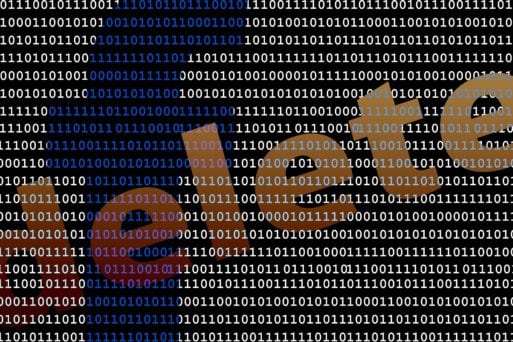
After death, one of the issues that arises is what to do with assets left behind by the person who died. Now, in the age of data, technology and social media, many people are concerned with what happens to their online assets, with many murmuring about “Data Death.”
A survey conducted by LifeSearch provides some insight into what people think should happen to their digital footprint when they die.
One in four (24 percent) of British persons surveyed wanted a “data death” upon their physical death. A “data death” would entail the deletion and automatic removal of all social media and email accounts tied to their name.

Others surveyed (12 percent) indicated they were also worried about what would happen to their digital accounts when they died. Worries ranged from having personal or embarrassing messages exposed to concern for family members potentially having to go through the tough process of deleting their accounts.
With the current system, friends and family have to go through a long and complicated process of claiming ownership of the account. Some platforms even require death certificates.
Is a “Data Death” available now?
Not quite. On Facebook, family members can verify themselves and once they do, they can memorialize the account or remove it completely. The platform also offers a “legacy contact” option.
What’s the best way to ensure that what happens to your digital data when you die is what you want? Talk about it. The vast majority of us are not informing our family or friends about what we want to happen with our data. Because of this, many online footprints are left untouched after death.
Emma Walker, CMO at the aforementioned LifeSearch, commented: “Understandably it’s something that not many of us are keen to discuss, but avoiding essential conversations about our digital life after death could leave our loved ones locked out, unable to take control or at the mercy of hackers should the worst happen.”
As technology and digital data become more interconnected with the lives of the living, it’s only natural we would have to address what happens to it when we die.

 One in Four Brits Want a “Data Death” When They Die
One in Four Brits Want a “Data Death” When They Die


 How Dare You Die Now!
How Dare You Die Now!

 “Help Me, Helen”
“Help Me, Helen”














